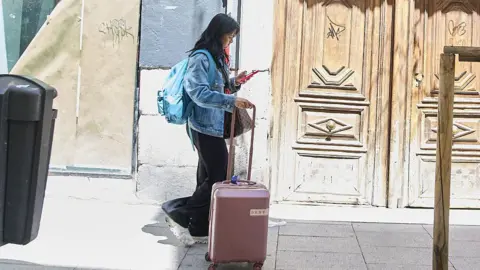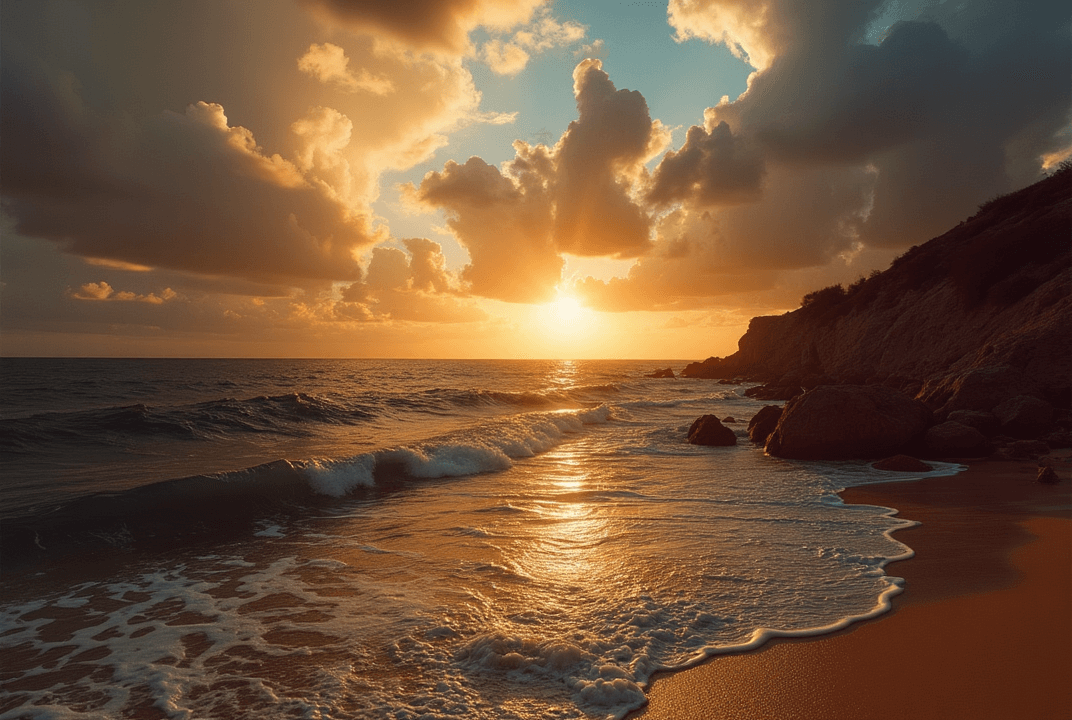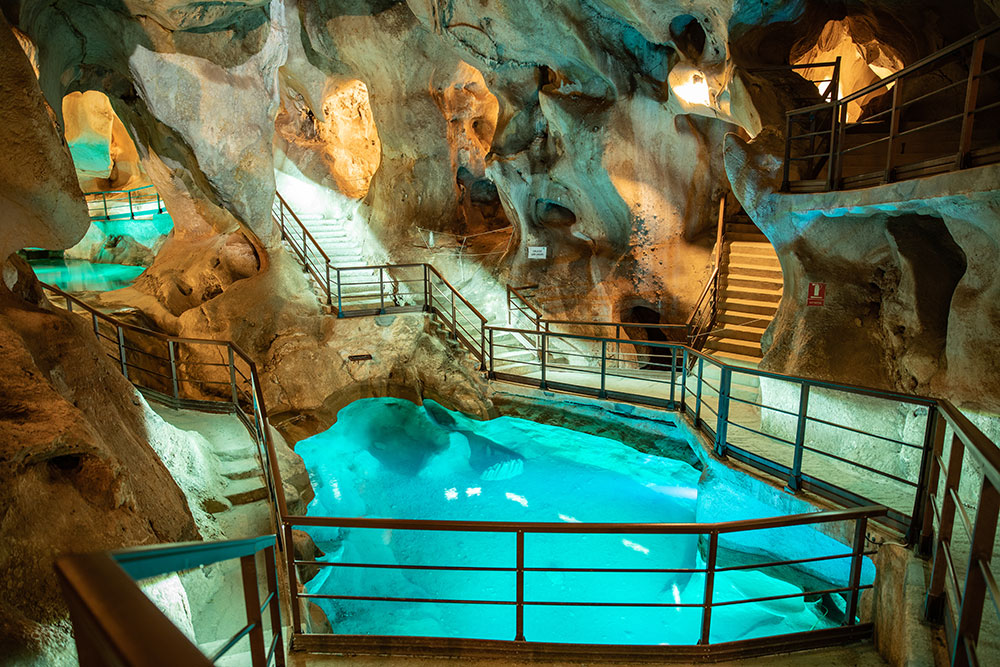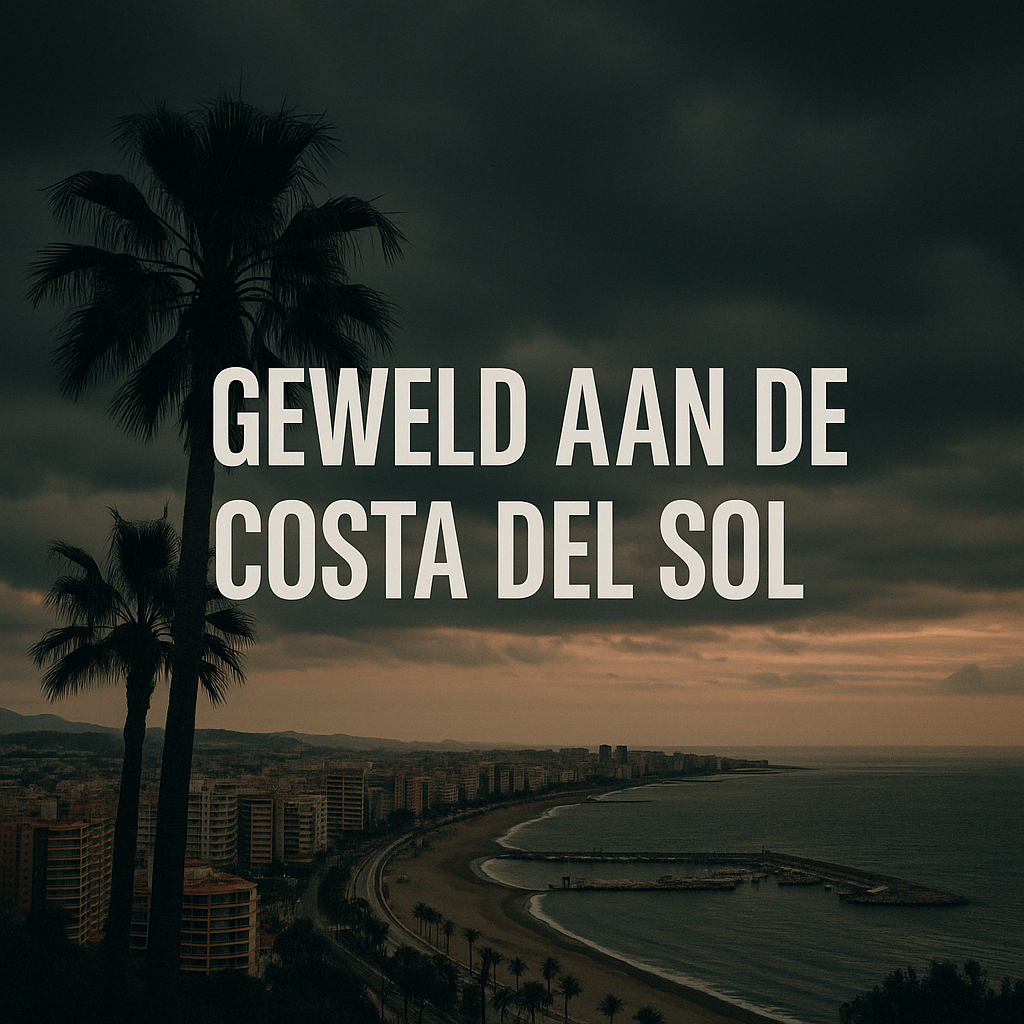Spain clamps down on Airbnb as tourism backlash returns for summer
The cost of an average rental has doubled over the last decade, while salaries have failed to keep up.
Tourist apartments have been identified by many as a major cause of the problem, depriving local residents of accommodation.
Spain is the world's second most popular tourist destination after France, with 94 million foreign visitors in 2024, a 13% rise on the previous year.
Socialist Prime Minister Pedro Sánchez said earlier this year "there are too many Airbnbs and not enough homes", and he promised to prevent the "uncontrolled" expansion of the use of properties for tourism.

 Getty Images
Getty Images
Some local governments have also started to act against Airbnb.
Barcelona City Hall has said it will eliminate its 10,000 short-term tourist apartments by the end of 2028.
Others have taken a different approach. In recent months, Airbnb has reached agreements with local authorities in the Canary Islands, Ibiza and Murcia aimed at ensuring property owners comply with tourist rental rules.
Airbnb responded to the court ruling and Bustinduy's announcement by insisting it would appeal against decisions linked to this case and that no evidence of rule-breaking by hosts had been provided.
It also cited a 2022 ruling by the Spanish Supreme Court which found that the responsibility for listing information lay with the host of each property, not the company, which was a "neutral intermediary" and not a real estate provider.
The firm also made a broader point about the Spanish housing problem.
"The root cause of the affordable housing crisis in Spain is a lack of supply to meet demand," said a spokesperson. "Governments across the world are seeing that regulating Airbnb does not alleviate housing concerns or return homes to the market – it only hurts local families who rely on hosting to afford their homes and rising costs."
Last summer, Spain saw a wave of protests against over-tourism in many popular destinations, with its impact on housing the biggest grievance.
With the number of foreign visitors to Spain fast approaching 100 million per year, the unrest is expected to continue this summer.
On Sunday, several thousand people took to the streets across the Canary Islands under the slogan "Canaries have a limit".
In Majorca, a group called Menys Turisme, Més Vida (Less tourism, more life) is preparing for similar actions, with a protest scheduled for 15 June.












